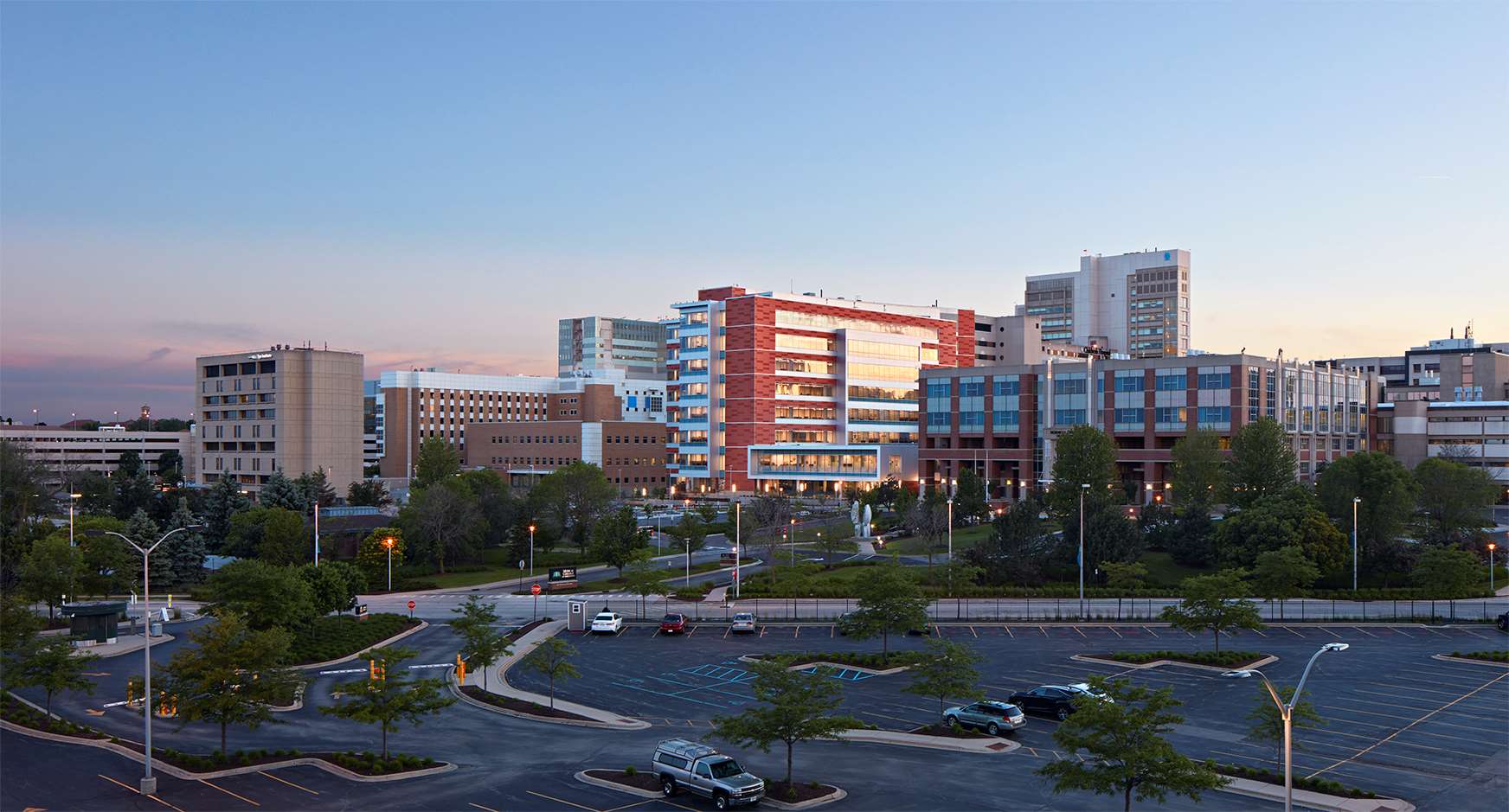Medical College of Wisconsin Ophthalmology Residency Training Program

Ophthalmology Residency Program Information
-
MCWAH Benefits, Terms, and Conditions of Employment
This page offers a brief overview of some of the department-specific benefits you’ll enjoy as a Resident in Ophthalmology. -
Residency Application FAQs
Frequently asked questions about the MCW ophthalmology residency training program. -
Training Facilities
MCW ophthalmology residents will train at multiple locations on and off campus. -
Meet Current Ophthalmology Residents
Current residents at the Eye Institute of the Medical College of Wisconsin and Froedtert Hospital.
Ophthalmology Residency Training Program
Fellowship Matches
- 2024: Cornea (Washington U, UCLA), Retina (MCW)
- 2023: Glaucoma (Tufts Univ.), Pediatric Ophthalmology (Indiana), Uveitis (Northwestern)
- 2022: Glaucoma (Cleveland Clinic), Retina (Mayo Clinic)
- 2021: Uveitis (Northwestern), Pediatric Ophthalmology (MCW), Retina (UVA)
- 2020: Pediatric Ophthalmology (U of Michigan), Glaucoma (U of Michigan)
- 2019: Glaucoma (Stanford), Plastics (MEEI)
- 2018: Glaucoma (Indiana)
- 2017: Glaucoma (UAB), Retina (Wilmer), Pediatric Ophthalmology (Northwestern)
- 2016: Glaucoma (U of Oklahoma), Retina (MCW)
- 2015: Pediatric Ophthalmology (Children’s National: Washington DC)
- 2014: Glaucoma (UW Madison)
- 2013: Pediatric Ophthalmology (UCSD), Retina (Stanford)
- 2012: Cornea (Utah)
- 2011: Cornea (Minnesota)
- 2009: Cornea (Mass Eye & Ear/Harvard)
- 2008: Retina (MCW), Glaucoma (Utah)
- 2007: Glaucoma (Wills)
- 2006: Medical Retina (Joslin/Harvard), Oculoplastics (UCLA)
- 2005: Cornea (NYEEI), Glaucoma (Jules Stein/UCLA)
Contact for Residency Programs
Ophthalmology Residency
Contact information for the ophthalmology residency program at MCW
SF Match Program Office (415) 561-8535
MCW Ophthalmology Residency Program Director
Edward L. Randerson, MD
Medical Education Coordinator
Renee Ware
Residency Program Inbox
Pediatric Optometry Residency
Contact information for the pediatric optometry residency program with MCW and Children's Wisconsin
OR Match Program Office (800) 461-6322
MCW and Children's Wisconsin Pediatric Optometry Residency Program Director

